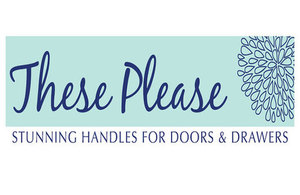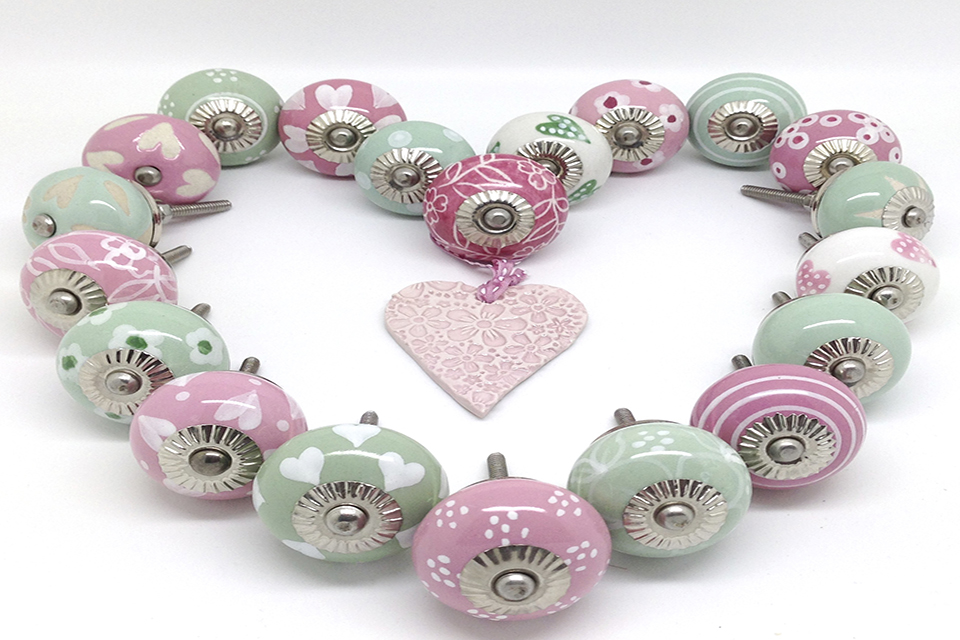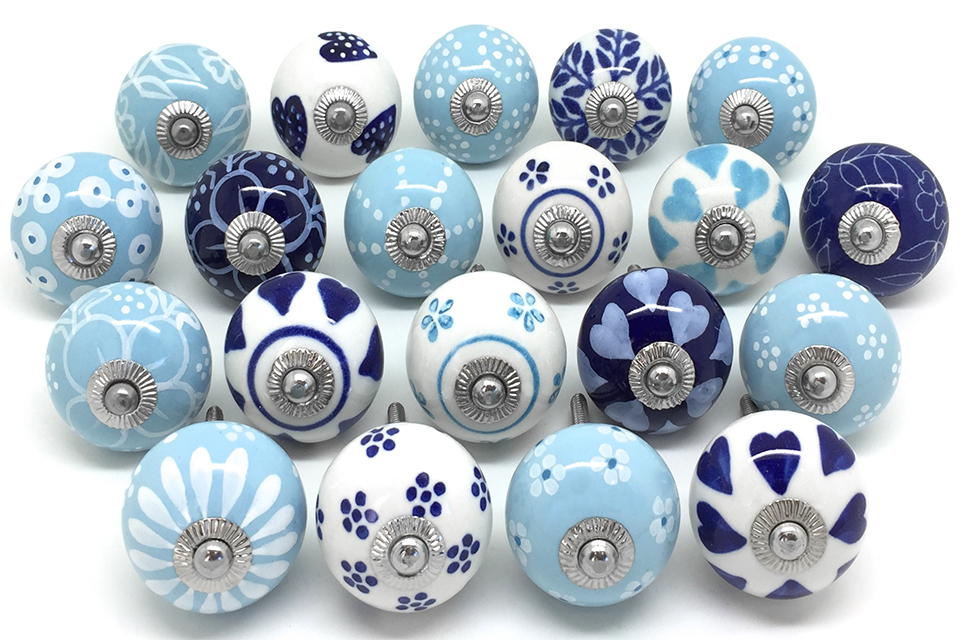Intellectual Property: These Please
Online company These Please explain how their registered designs are helping them fight the copycats.

As the trend for crafts and up-cycling furniture continues to grow, more and more people are starting their own business. With sites like Etsy, Not on the High Street and eBay providing a platform for people to showcase their products, trading online has never been easier. While this allows small businesses to tap into a new market, the more people that know about your product, the greater the risk of it being copied.
So, what can you do to protect your creations? We spoke to Ashley Flett, Managing Director of These Please who specialise in colourful door knobs, handles and coat hooks. Ashley explained where it all began:
My wife and I started out selling other people’s products on eBay, mainly home furnishings, including door knobs. We liked them a lot but the only designs we could find were plain and boring. So, because we couldn’t buy what we wanted to sell, my wife started designing a few of them.
The first one was a white door knob with a dotty heart on it. We got someone to make it for us, imported it, and it sold very well.

While the pair were pleased their design was popular, they were worried someone may try to copy it. Especially as their sales information, including their best selling products, was publicly available. In an effort to protect their work from potential copy cats, they initially relied upon copyright, as Ashley explained:
When anyone downloaded one of our images, we would contact them and say ‘they’re our photographs, please take them down’.
Ashley and his wife are correct that copyright protects photographs and images. However, this wasn’t the best form of intellectual property (IP) to protect their designs, as they soon discovered:
When we continued to see copies of our products being sold without our permission, we spoke to the Intellectual Property Office (IPO). They suggested registering our designs.
Ashley continued:
We like to do as much as we possibly can ourselves. So we had a look on the IPO website, read up on what we needed to do, and applied for a registered design. We needed a little help in choosing the right categories but after speaking to the IPO, we realised we could cover several products under the same design. This was very attractive to us as it allowed us to expand our range and hold the design going forward.
A registered design protects the visual appearance of a product including the shape, texture, materials, colour and pattern. It is relatively inexpensive, costing from just £60 for a single design and £40 for any additional designs on the same application. This was especially useful for These Please who have a large collection of designs in different colours.
In the Summer of 2013, Ashley and his wife launched the These Please website and began registering their new designs. However, Ashley admits they didn’t realise the true value of what they were doing until some time later:
At that moment we didn’t realise the importance to us. Looking back we should have done it right away, at the first opportunity. Now we automatically register everything we design.

Now that IP has become a fundamental part of the business, I asked Ashley what benefit registering their designs has been to them:
The design registration has been fantastic. It has allowed us a platform to develop and expand knowing no one in the UK can import, copy or sell our product designs that are registered to us. It’s been a low investment with a high value. We couldn’t run the business effectively without it.
As of 1 October 2014, it is now a criminal offence to intentionally copy a registered design. This has been a welcome change in the law for These Please, who have already had their designs infringed more than once. Ashley recalls:
During 2018, we noticed a marked increase in the number of people copying our Registered Designs, especially products sold on sites like Amazon, eBay and Etsy. Our policy is always to have illegal copies removed and without Registered Design protection this would be very difficult.
He continued:
We are delighted that those that are infringing our IP in the UK could now be subject to a criminal investigation, potentially leading to substantial fines and custodial sentences for those convicted. There is also a small claims track in the Intellectual Property Enterprise Court, if we need to use it. For anyone who develops original product designs, the need to protect them is as important as ever it has been.
Registering their designs has clearly proved invaluable to These Please. Not only has the right been strong enough to warn off copycats, it has also created an excellent opportunity with a large retailer.
These Please now have over 100 designs registered with the Intellectual Property Office, as well as a registered trade mark. And they don’t intend stopping any time soon, with plans to expand the range even further.
Looking back on their journey and all they’ve learnt along the way, I asked Ashley what advice he would give to other creative businesses. He said:
I would strongly recommend protecting your IP if you’re an online player and you’ve designed a product that’s key to your business. The whole world is online and if it becomes popular, someone will copy it. If you haven’t registered your design then you’ve got a problem as you can’t do it retrospectively.
Updates to this page
-
Updated text and images for case study.
-
First published.